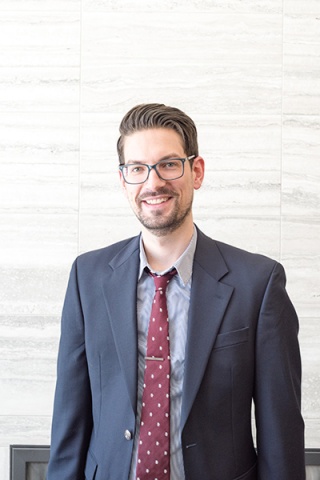On December 9, Acton welcomed Rachel Ferguson, professor of business and assistant dean at Concordia University Chicago, and director of its Free Enterprise Center, to deliver its last in-person lecture of 2021. Ferguson began by describing her experience visiting the International Civil Rights Center & Museum in Greensboro, N.C. The museum was organized to show the evolution of black Americans from slavery to taking the lead in the civil rights movement and beyond. One room was filled with displays of the inventions and entrepreneurial accomplishments made by black Americans. Ferguson then shared how the museum reflects the theme of her upcoming book. “This story, the story of a high ideal often unrealized but still inspiring, and a struggle for independence and economic power, is the story of Black Liberation Through the Marketplace,” said Ferguson.
Later, Ferguson shared how classical liberals have much to offer the conversation surrounding America’s racial history, explaining why certain urban communities continue to suffer in poverty. Ferguson highlighted two federally funded initiatives that destabilized many black communities. The Convict Leasing Program, Ferguson explained, allowed states to “criminalize black men for things that were invented.” Various states would then lease out these “convicts” to work on farms and in coal mines, and countless men died because of the terrible working and living conditions.
Ferguson then addressed the various urban renewal programs (1949–79). “The federal government subsidized all-white suburbs and excluded black and mixed neighborhoods from these subsidies,” she noted. “This was intended to relieve the densities of cites and create idyllic all-white neighborhoods.” Ferguson went on to emphasize that, despite such government failings, “80% of black Americans do not live below the poverty line.”
To conclude her lecture, Ferguson dispelled some common misconceptions concerning inner-city poverty. “You’re not going to have [kids] pull themselves up by their bootstraps, and it’s not going to be solved by push-button government programs either.” Instead, Ferguson described how individuals and nonprofits can help these challenged communities truly thrive. “It’s going to take hyper-local, long-term commitment, personal presence—that is the only possible solution.”







